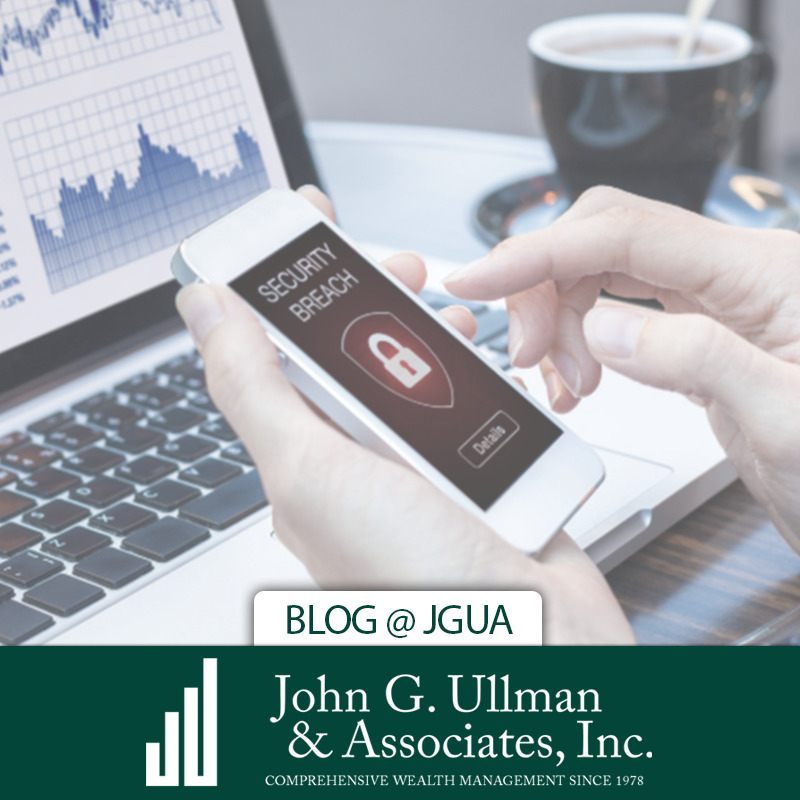What is vishing?
Also known as ‘voice phishing’, vishing is the fraudulent practice of making phone calls or leaving voice messages purporting to be from reputable institutions in order to convince individuals to reveal personal information.
Vishing attacks are on the rise
Scammers continue to find new ways to trick individuals into sharing personal information such as bank details, credit cards, and social security numbers. New technology has allowed these fraudulent callers to make a phone number, area code, or caller ID name appear to be from a legitimate institution. These scammers also use a tactic called “social engineering” – which is playing on human trust and emotions – to attempt to trick the recipient into sharing private information.
How can you protect yourself from vishing attacks?
- Except in very specific circumstances, banks and other related institutions generally will not call to ask for personal information, unless you as the customer had already initiated a request.
- Be mindful of such attacks and be suspicious of unexpected requests for sensitive information over the phone.
- Take time to think through the situation before reacting.
- DO NOT give your SSN, bank account number, or any other personally identifiable information over the phone unless you are the one who initiated the call.
- Remember: companies and banks generally do not call to request your personal information.
- If you think you have received a suspicious call, hang up immediately and contact the institution directly on their listed phone number to discuss the situation.
- DO NOT press buttons or respond to prompts. If you receive an automated message that asks you to press number buttons or respond to questions, don’t do it. Scammers often use these tricks to identify potential targets for more robocalls.


